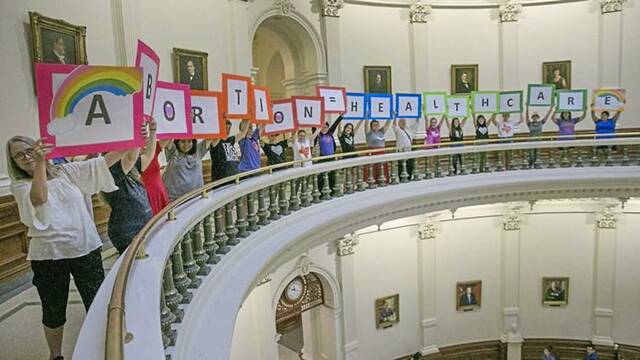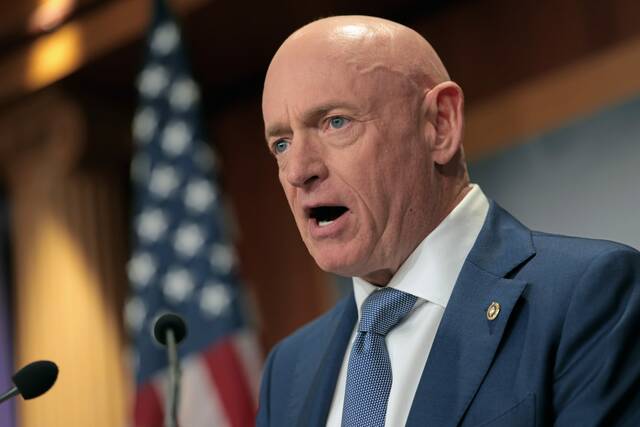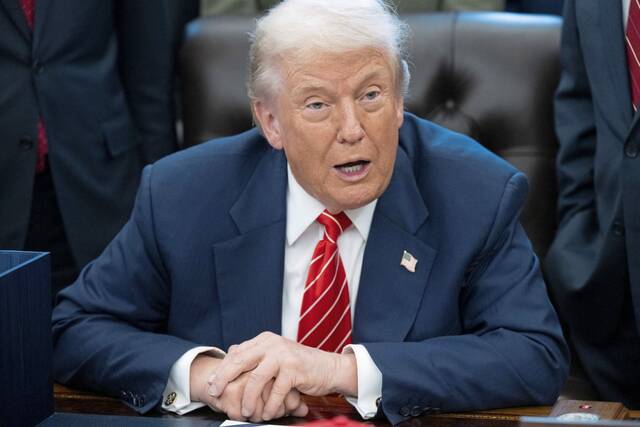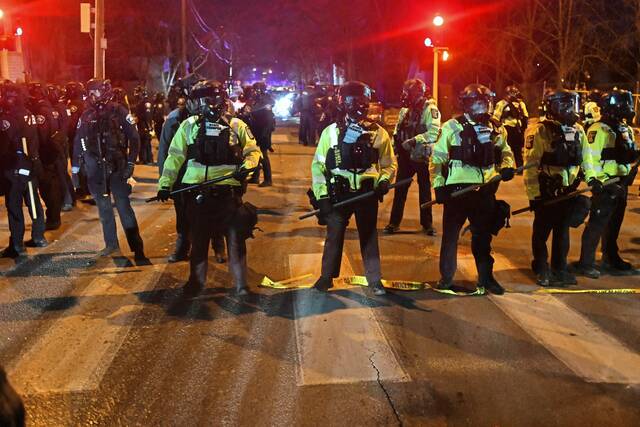The frighteningly archaic, unworkable and very likely unconstitutional anti-abortion law out of Texas has thrust the issue back into the political foreground, and atop the heaping pile of policy issues President Biden is going to have to address — mostly without much help from Congress.
One of the most deleterious effects of the law, which effectively exempts Texas from the nearly 50-year-old settled law decided by Roe v. Wade, is that it serves an underwhelming minority of American voters at the expense of the overwhelming majority.
Like nearly everything else in this hyper-partisan climate, the Texas law, and others before it, radically misrepresents the contours and the stakes of an important political issue. If you didn’t know better, you might assume this is actually what most people want, or why else would it be a thing. It’s simply not the case — not even in Texas.
Yes, America is predictably divided on abortion. According to Gallup’s latest polling, 49% of Americans consider themselves pro-choice, and 47% consider themselves pro-life.
But like on every other issue, what the political conversations about abortion, and increasingly the policies concerning it, leave out, is the middle, where the majority of voters comfortably reside.
Gallup has tracked views on abortion since 1975. They haven’t changed all that significantly since then. In 2021, 32% of Americans believe abortion should be legal under any circumstances. That’s up 11 points since 1975. Today, 48% believe abortion should be legal only under certain circumstances. That’s down six points since 1975. The number of people who believe abortion should be illegal in all circumstances is slightly down, from 22% in 1975 to 19% now.
If only 19% of the country wants to make abortion effectively illegal, and a majority of America believes abortion should be legal with some restrictions, what about in red-state Texas?
There, too, opinions have remained fairly fixed. According to a University of Texas/Texas Tribune poll this year, only 13% said abortion should never be permitted — even fewer than the national poll. Contrastingly, 38% said “a woman should always be able to obtain an abortion as a matter of personal choice.”
While I consider myself pro-life, like many other center-right suburban women, I also accept that Roe v. Wade is settled law. I may find abortion a lamentable option (as do many women who make the difficult decision to obtain one), but if it is the law of the land, I want it to remain legal, safe and rare.
The Texas law effectively makes abortion illegal, dangerously unsafe and impossible. That’s not good for women.
It’s also barbarically punitive. Forcing a woman to carry her rapist’s or father’s baby, as this law does, is cruel and hardly a compassionate way to encourage motherhood.
Finally, empowering vigilante citizens — some of whom may believe in Satanic pedophile rings, bamboo ballots, and other absurd conspiracy theories endangering Americans — to round up women and the people who “aid and abet” them, seems like the worst idea at the very worst time.
There are far better ways to change hearts and minds on abortion than foisting medieval laws upon women.
But why do that when Republicans in the Texas state Legislature can invent extreme, unpopular and regressive new laws that clog the courts, congest Congress and needlessly work the country into a frenzy?
The Texas abortion ban is a dangerous precedent for negating settled law and a bad way to frame the pro-life argument. But unfortunately, it’s also just the latest example of Republican extremism designed to please a handful of voters who don’t even represent the majority in their own state. In short, no one asked for this, but that doesn’t matter anymore.








